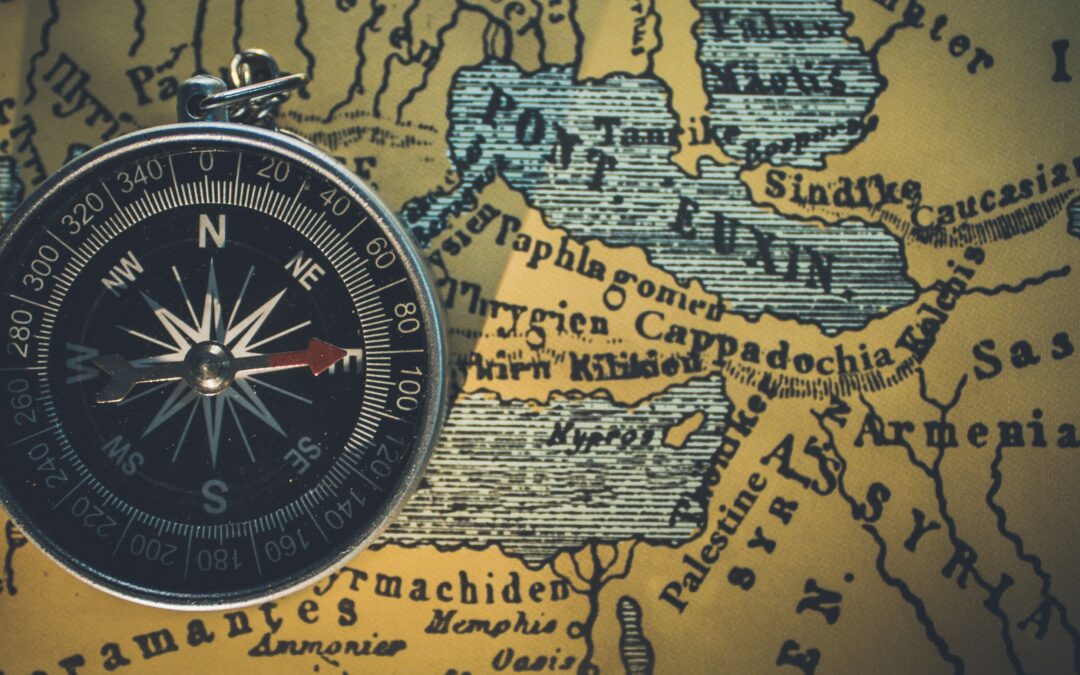In this Q&A, we find out all about Umit’s role in his current job, why he chose to study with the Maritime Training Academy, how his studies can now be applied to his day-to-day job and his top tips for future students!
Q1: What is your role within your company?
In my role within Aras Marine Investment Holding and Aras Salvage UK Representative, my primary role is to oversee and manage the crucial aspects of relations and communications. Specifically, I am responsible for establishing and maintaining strong relationships with Protection and Indemnity (P&I) clubs, which are integral to our maritime and salvage operations. Additionally, I take charge of cultivating connections with potential customers, fostering an environment of trust and collaboration.
Through my role, I work diligently to ensure that our organization maintains open lines of communication with P&I clubs, thereby safeguarding our interests and promoting mutual cooperation. My efforts also extend to identifying and engaging potential clients, where I employ effective communication strategies to articulate the value and capabilities of Aras Salvage UK.
Overall, my responsibilities involve building and nurturing key relationships, both within the P&I community and with prospective customers, to enhance the standing of Aras Marine Investment Holding and Aras Salvage UK Representative within the maritime industry.
Q2: Why did you choose to do this course?
As a maritime professional seeking to advance my career and specialize in salvage operations, I recently completed the Marine Salvage Operations Course at the Maritime Training Academy. This comprehensive course provided me with the essential knowledge, and expertise to successfully navigate this challenging yet rewarding field.
From the history and law of salvage to the latest operational procedures and risk management strategies, the course covered a wide range of topics relevant to my professional development. I particularly appreciated the opportunity to gain insights into salvage from the shipowner’s and master’s perspectives, as this has helped me to develop a more well-rounded understanding of the industry and how to effectively communicate and collaborate with diverse stakeholders.
Overall, the Marine Salvage Operations Course has been an invaluable asset in my career journey. It has equipped me with the necessary skills and knowledge to make significant contributions to the maritime salvage sector, and I am confident that this course paved the way for my success.
I am grateful to the Maritime Training Academy for providing such a high-quality educational experience. The course instructors were knowledgeable and engaging, and the curriculum was up-to-date and relevant to the real world. I highly recommend this course to anyone interested in pursuing a career in maritime salvage.
Q3: What were your course highlights?
As a participant in the Maritime Training Academy’s Marine Salvage Operations Course, I have gained a comprehensive understanding of the salvage industry. The course began by laying a strong foundation, diving into the historical context of salvage operations, and equipping me with essential knowledge. It covered legal aspects, including the governing framework in ‘The Law of Salvage,’ and provided insights into contractual and operational facets through ‘Lloyds Open Form’ and ‘Alternative Salvage Agreements.’ ‘The Coastal State and the Salvor’ shed light on the critical relationship between salvors and coastal states.
I particularly appreciated the practical side of salvage addressed in ‘Salvage Operations Part 1’ and ‘Salvage Operations Part 2.’ These sections offered invaluable insights into salvage techniques, risk management, and operational strategies. The course culminated with a unique perspective from shipowners and masters. This comprehensive approach has equipped me with the knowledge and skills needed to excel in the dynamic world of maritime salvage, enhancing my ability to communicate and collaborate effectively within the industry.
Q4: How do you feel the course will help your career/future progression?
Attending this comprehensive Marine Salvage Operations Course has significantly enriched my career prospects and future advancement. This course delves into the very essence of the salvage industry, offering a thorough exploration of its historical context, the fundamental basics, and the legal framework that underpins this field. It equips students with expertise in essential salvage principles, including an in-depth understanding of Lloyd’s Open Form and alternative salvage agreements.
Moreover, the course delves into the intricate relationship between salvors and coastal states, a pivotal aspect of salvage operations. It also immerses students in the practical intricacies of conducting salvage operations, all while offering valuable insights from the shipowner’s and master’s perspectives.
In sum, this Marine Salvage Operations Course has provided me with a profound comprehension of the industry, enhancing my proficiency in executing salvage operations and promoting a holistic viewpoint. As a result, I am better equipped to make informed decisions, collaborate effectively with industry professionals, and advance my career within the maritime salvage sector.
Q5: What would be your top tip for future students?
As a recent graduate of the Marine Salvage Operations Course at the Maritime Training Academy, I’m pleased to share some key advice with incoming students.
First and foremost, always prioritize completing your assignments promptly and with the utmost effort. These assignments serve as the foundation for your understanding of the course material. Dedicate time to conduct thorough research and deliver high-quality work, as this will significantly impact your success in the field.
In the ever-evolving maritime salvage industry, staying informed about the latest trends and developments is crucial. Make it a habit to read industry publications, attend relevant conferences and workshops, and follow seasoned professionals on social media. This active engagement will enhance your understanding and help you adapt to industry changes.
In a nutshell, embrace the learning process with enthusiasm and dedication. This course is an investment in your future, setting you on a path to success in the fascinating maritime salvage industry. Best of luck with your studies, and may your journey be as rewarding as mine.
Huge congratulations to Umit from everyone here at the Maritime Training Academy.
If you’re interested in enhancing your maritime career, find out more about our online diplomas and short courses here.

